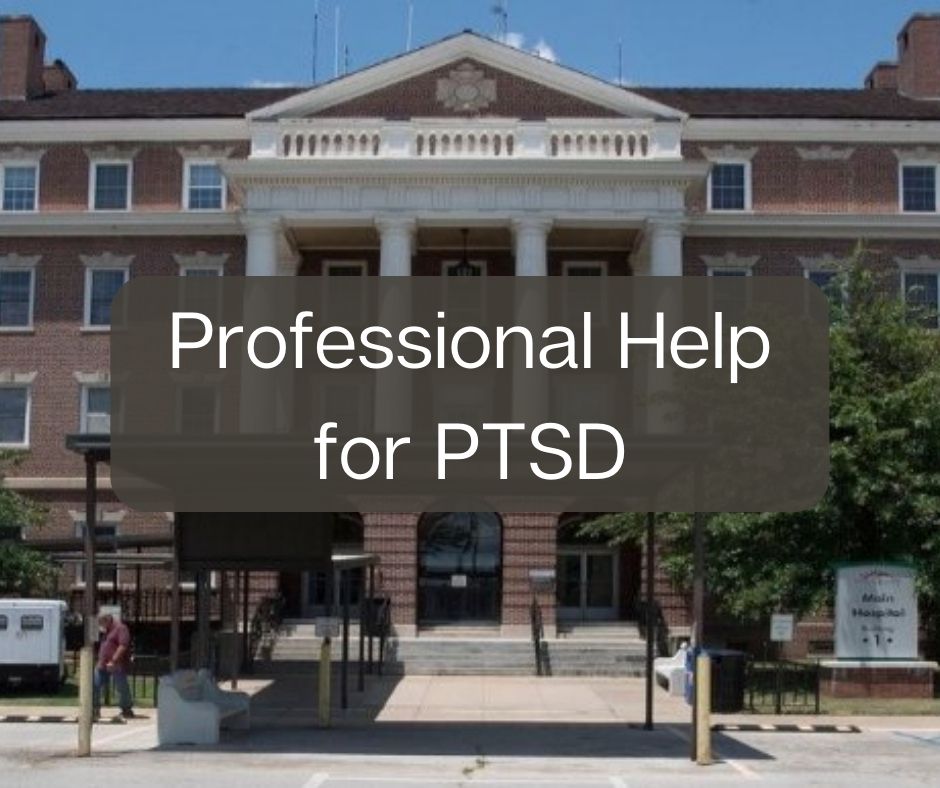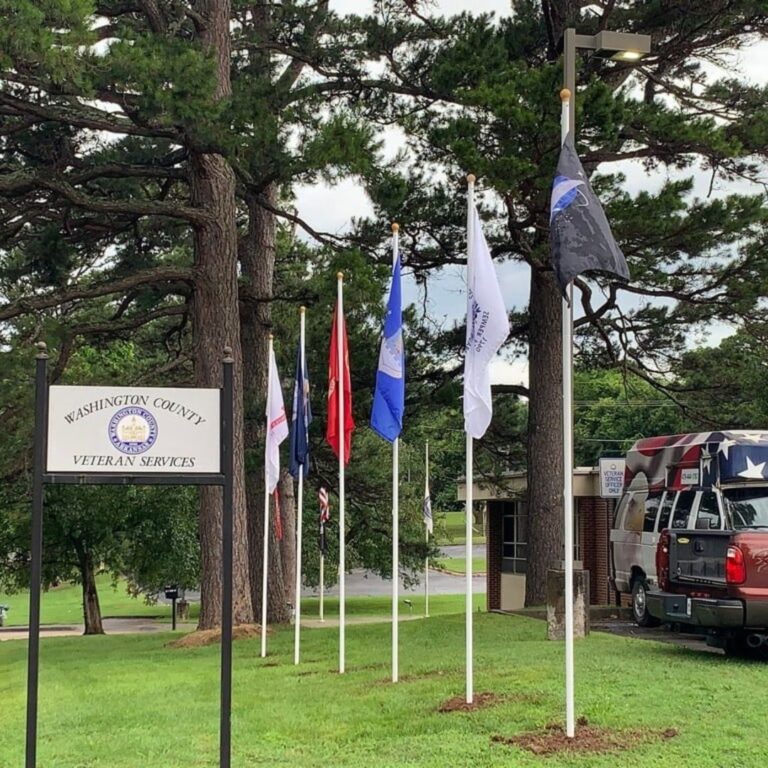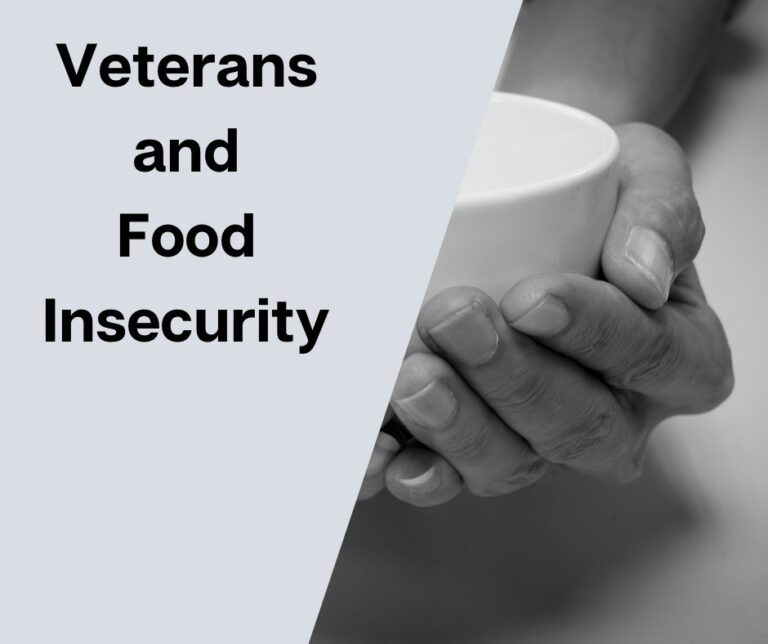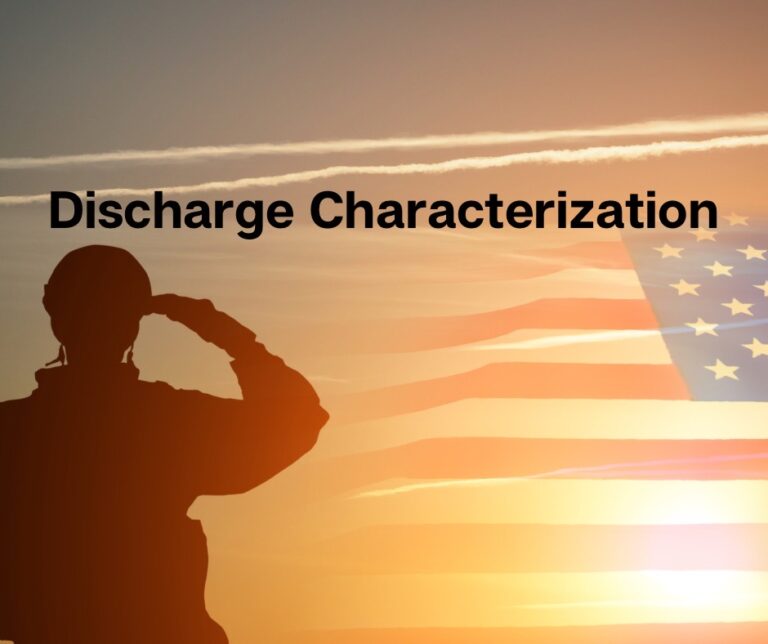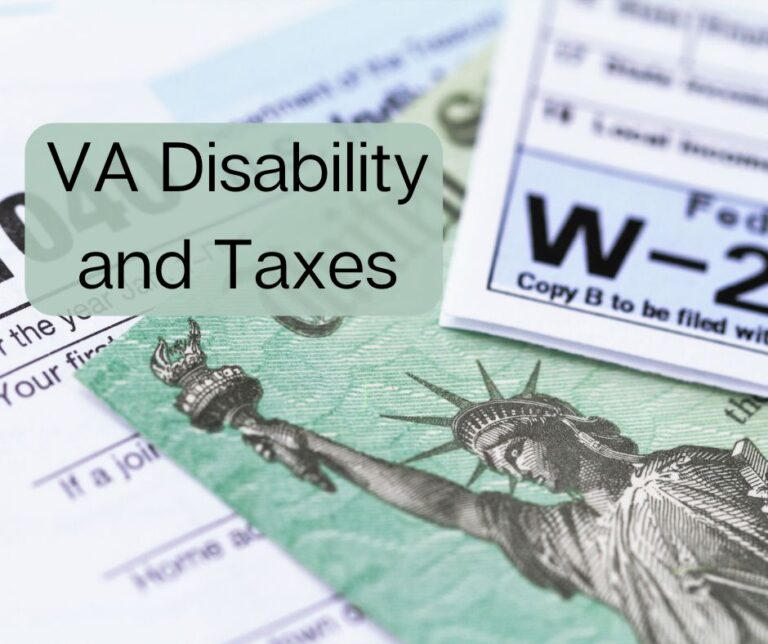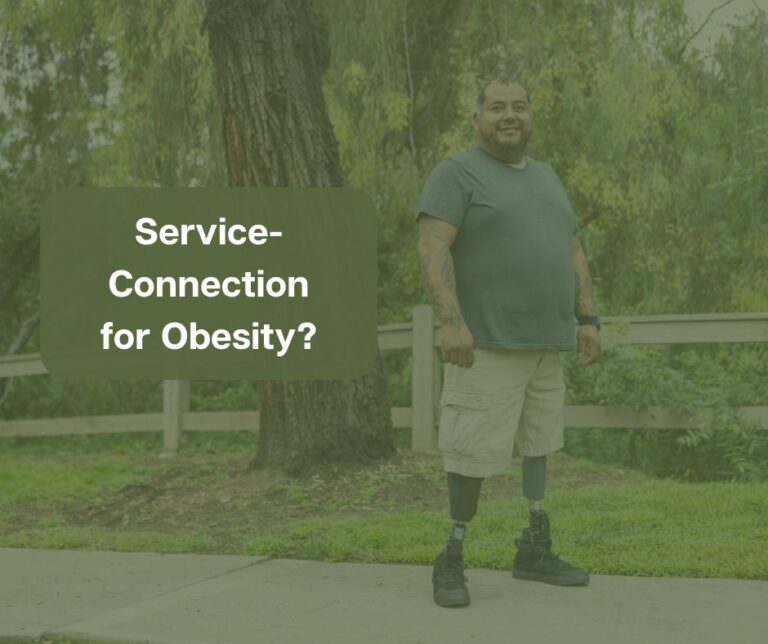Professional Help for PTSD
When it comes to addressing and managing PTSD, veterans have access to a variety of professional help and support options. Remember that PTSD is a complex condition and, more often than not, requires the assistance of trained and expert counselors to help deal with it in a healthy manner. Seeking assistance from trained mental health professionals and utilizing specialized programs can make a significant difference in the recovery process.
Department of Veterans Affairs (VA):
The Department of Veterans Affairs (VA) is a valuable resource for veterans seeking support for PTSD. The VA operates an extensive network of medical centers, clinics, and Vet Centers throughout the country. These facilities offer specialized PTSD treatment programs, including individual therapy, group therapy, and evidence-based therapies such as Cognitive Behavioral Therapy (CBT) and Prolonged Exposure Therapy (PE). VA healthcare providers are experienced in working with veterans and understanding the unique challenges they face.
Veterans Health Administration (VHA):
The Veterans Health Administration (VHA) is a branch of the VA dedicated to providing healthcare services to veterans. VHA facilities offer a range of mental health services, including PTSD screening, assessment, and treatment. These services may be available on an outpatient basis or, in severe cases, through residential programs where veterans can receive intensive, round-the-clock care. The VHA also emphasizes the integration of mental health treatment with other medical services to provide comprehensive care for veterans.
Vet Centers:
Vet Centers are community-based counseling centers that specifically cater to veterans and their families. They provide individual and group counseling, marital and family therapy, and referral services for veterans experiencing PTSD. Vet Centers often have a more relaxed and informal atmosphere, offering a comfortable environment for veterans to seek help. They play a crucial role in reaching out to veterans who may be reluctant to access care through traditional medical facilities.
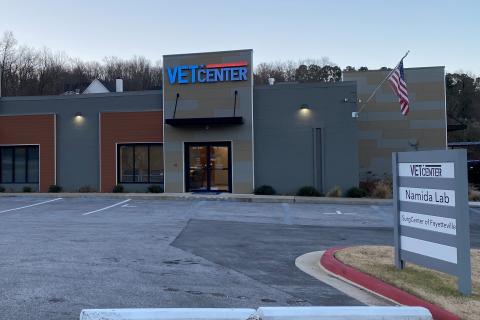
Military OneSource:
Military OneSource is a confidential support resource available to service members, veterans, and their families. It offers a wide range of services, including non-medical counseling, support for military families, and assistance in navigating the complexities of military life. Military OneSource provides free and confidential counseling sessions, both in person and over the phone, allowing veterans to access help without the need for medical appointments.
Community Mental Health Centers:
Community mental health centers are another avenue for veterans seeking assistance with PTSD. These centers typically offer a variety of mental health services, including therapy and counseling. Many community mental health centers operate on a sliding fee scale, making mental healthcare more accessible and affordable for veterans who may not have insurance or are facing financial limitations.
Private Practitioners:
Private practitioners, such as psychologists, psychiatrists, and licensed therapists, can provide specialized care for veterans with PTSD. It’s important to find a mental health professional who has experience working with veterans and trauma-related conditions. Seeking recommendations from trusted sources, such as other veterans or healthcare providers, can help you find a practitioner who is a good fit for your needs.
Online and Telehealth Services:
In recent years, the availability of online and telehealth services has expanded, providing convenient and accessible support for veterans. These services allow veterans to receive therapy and counseling remotely, either through video conferencing or secure messaging platforms. Online programs, such as the VA’s PTSD Coach app or virtual support groups, can also be beneficial in complementing traditional therapy or as a primary means of support.
Remember, seeking professional help is a sign of strength and courage. It’s important to explore different avenues and find the approach that resonates with you. The journey to healing and managing PTSD is unique for each veteran, and finding the right support system can make a significant difference in your overall well-being. Never forget that you are NOT alone in this difficult journey.
God Bless, NWAVet

